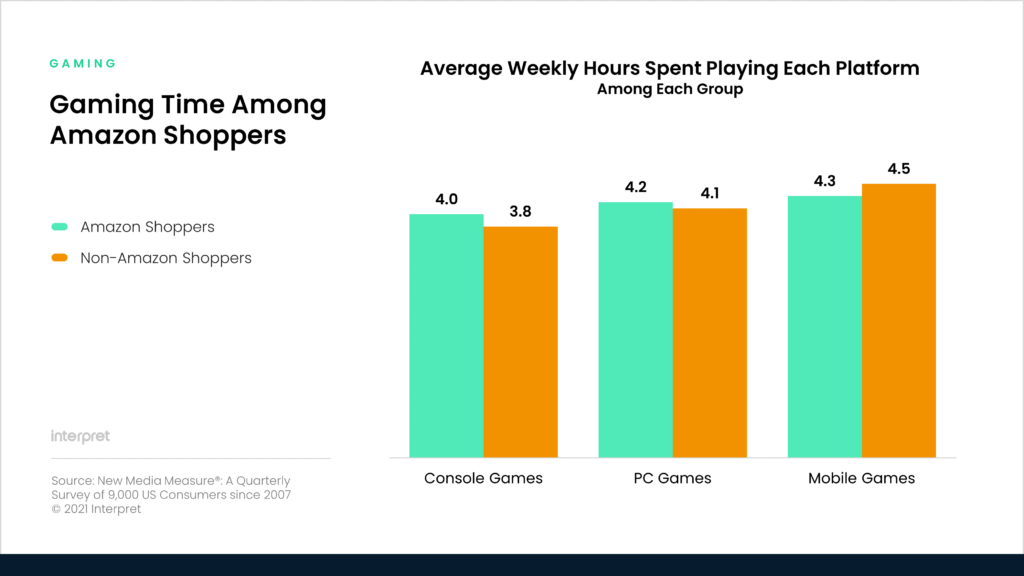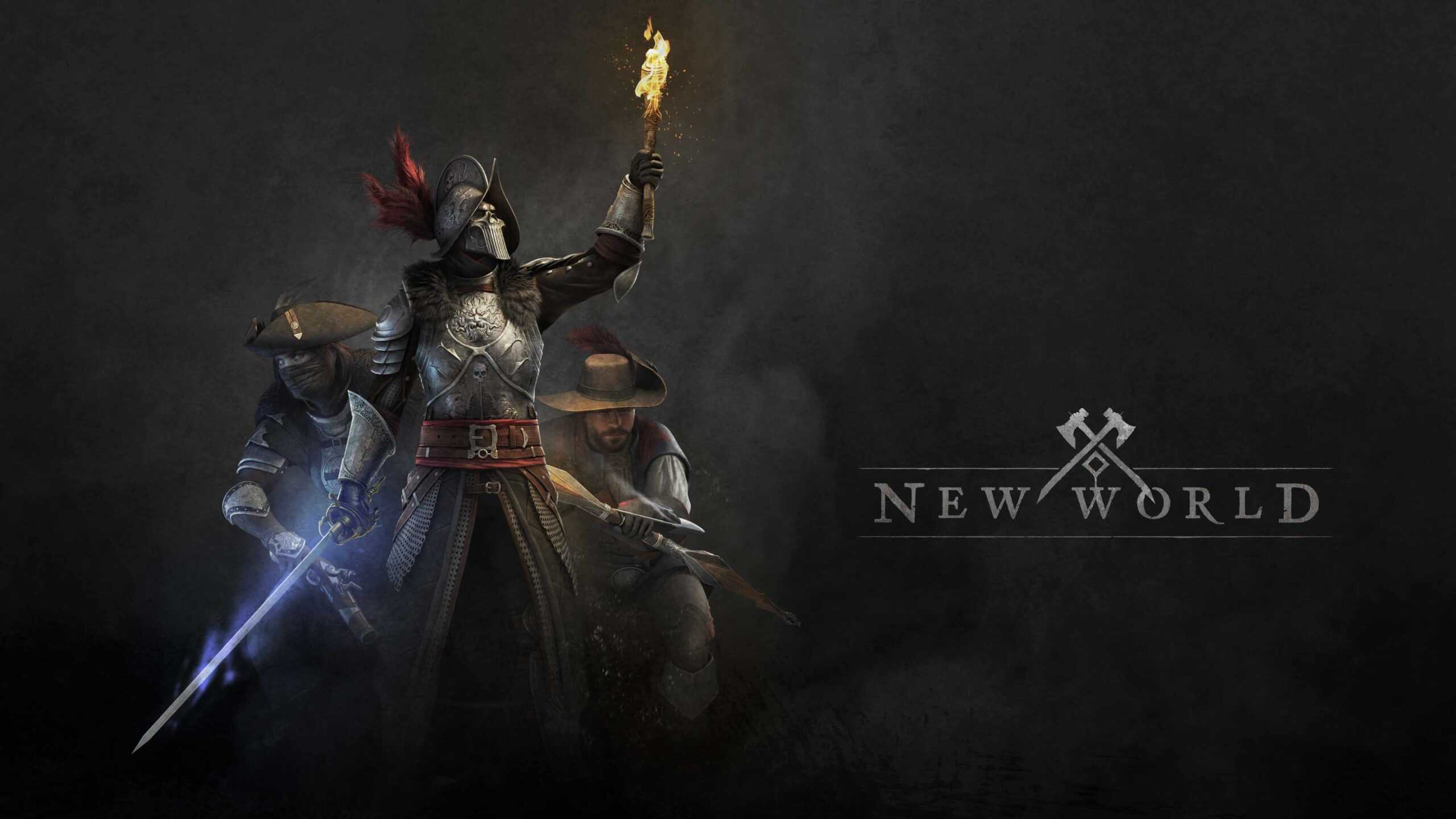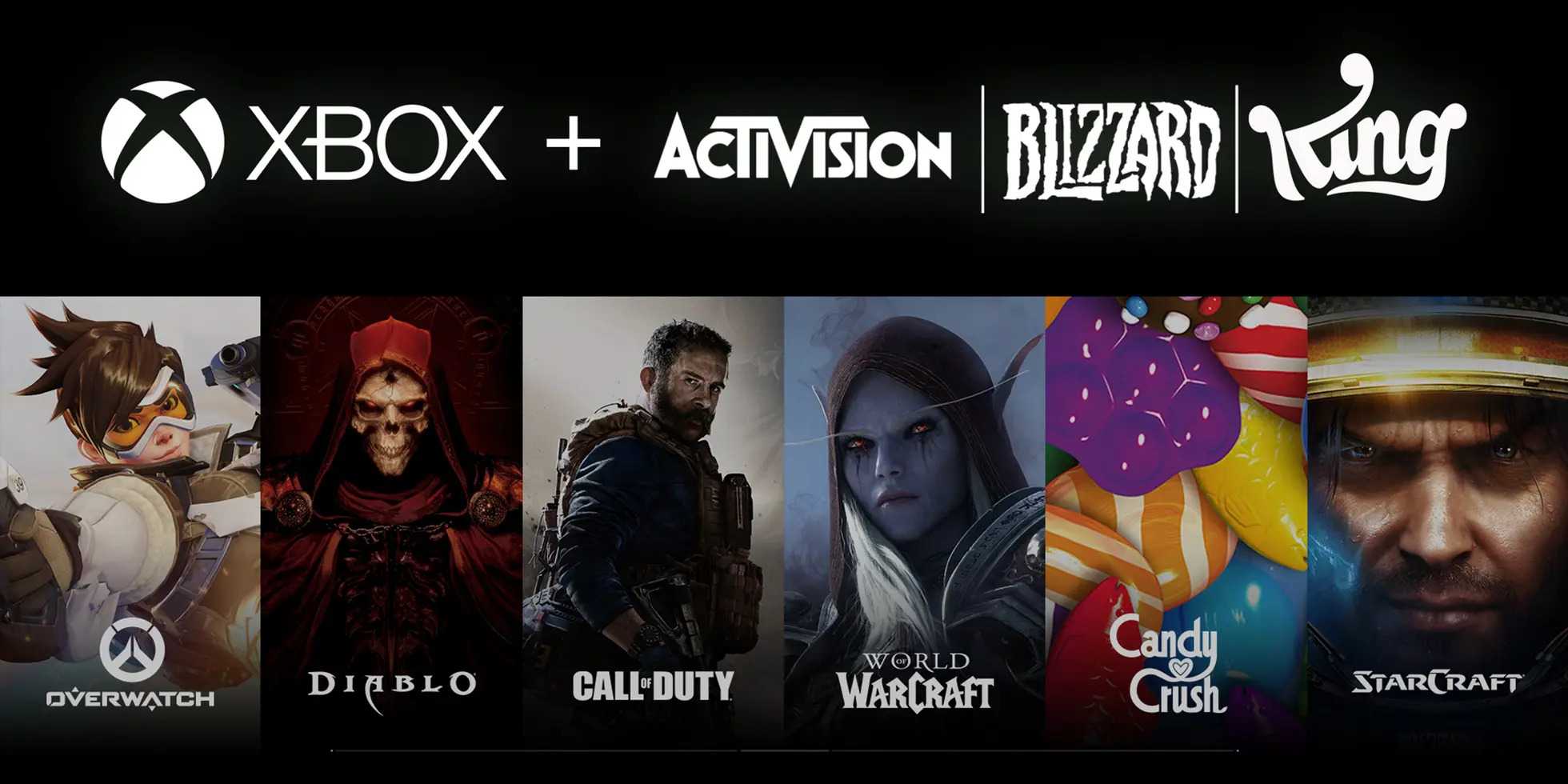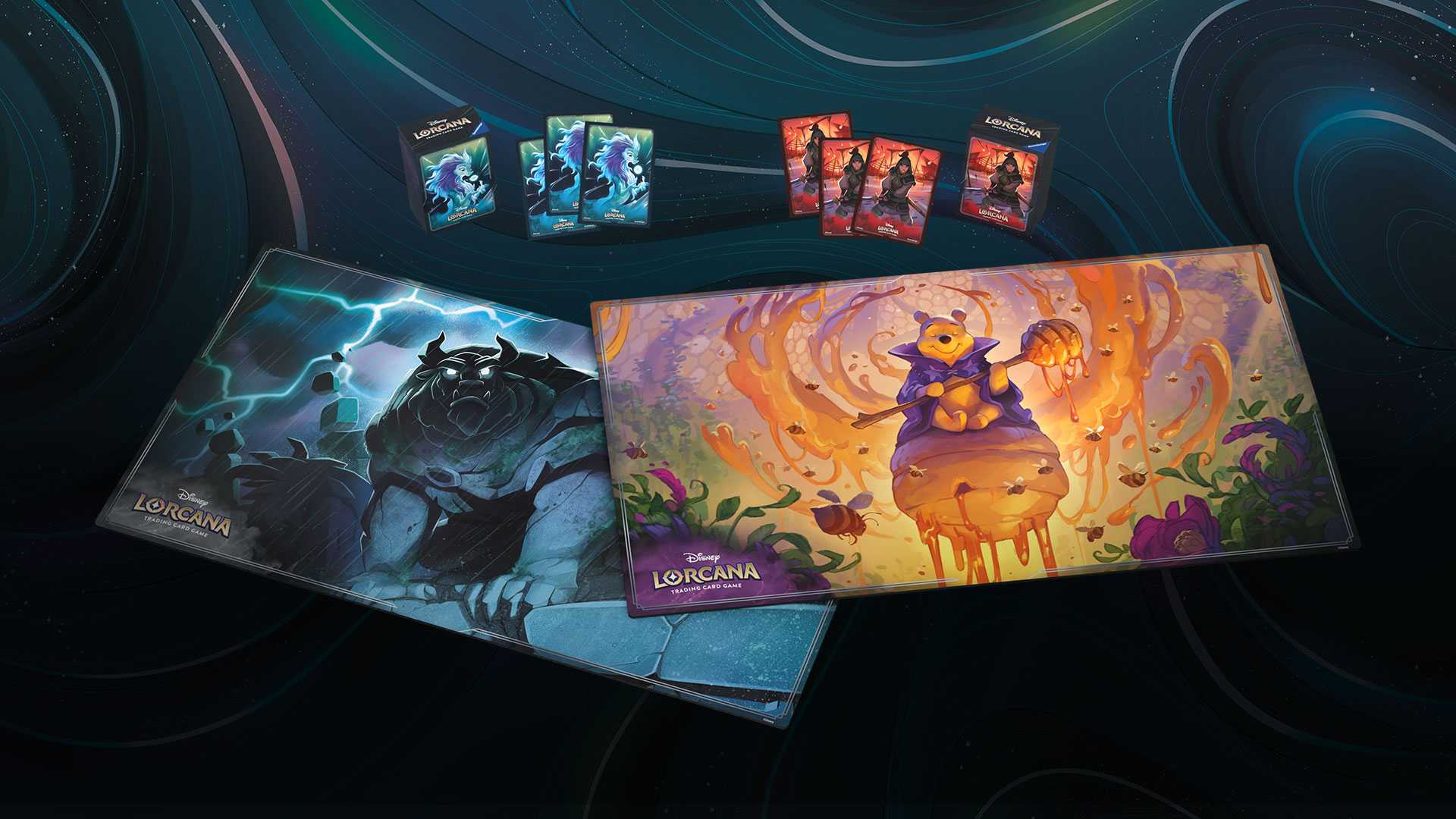While Amazon owns a streaming empire in Twitch, the tech giant’s game development prowess doesn’t quite match up. That could be changing, however. Following multiple attempts at building a triple-A blockbuster, including Breakaway and Crucible (which was sent back into beta before ultimately being canned), Amazon’s newly released MMO New World has been resonating with the PC gaming community. Over the game’s launch weekend, New World exceeded 900,000 concurrent players, and former Amazon CEO Jeff Bezos proclaimed, “After many failures and setbacks in gaming we have a success.”
In the games-as-a-service era, a solid launch is not a guarantee of long-term success but getting off on the right foot is still important, particularly after a company has faced numerous challenges with previous game launches. The early success has given Amazon brass newfound hope that its presence in games can go far beyond Twitch.
Amazon CEO Andy Jassy acknowledged at the recent GeekWire Summit that it’s not unusual to have some games “fail spectacularly” and that it often takes multiple releases before a studio lands on a veritable hit – indeed, Angry Birds maker Rovio famously failed with 51 projects before the studio found its magic formula. With a huge installed base across Twitch, Amazon Music, Prime Video, and access to IP from Hollywood giant MGM following an $8.45 billion takeover, Jassy sees gaming one day becoming Amazon’s biggest entertainment vertical.
Considering Amazon’s invested in cloud gaming with Luna and is reportedly working on a direct game downloads competitor to Valve’s Steam, which controls the lion’s share of the PC gaming market, it’s easy to envision Amazon’s gaming ascension. When Microsoft first entered the video game console space with the original Xbox in 2001, few pundits thought the company could truly rival Sony and Nintendo, but with hefty resources, evolving technologies and business strategies, anything is possible for Amazon.
Interpret’s New Media Measure® shows that MMOs are a popular genre for Amazon’s customers, as 14% have ever played an MMO compared to 10% of non-Amazon shoppers – a possible contributor to New World’s success. Moreover, Amazon shoppers do play for longer periods of time on average compared to non-Amazon shoppers, with time spent weekly on PC and console games slightly higher for Amazon’s customer base in the US than non-Amazon shoppers.








